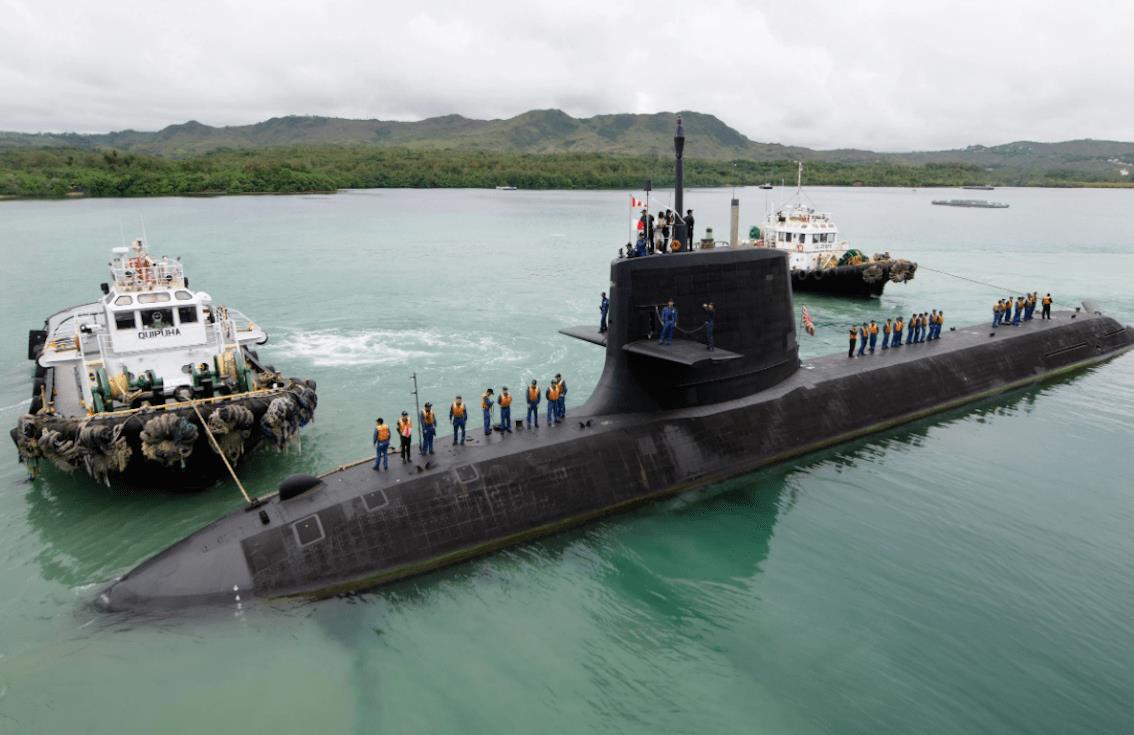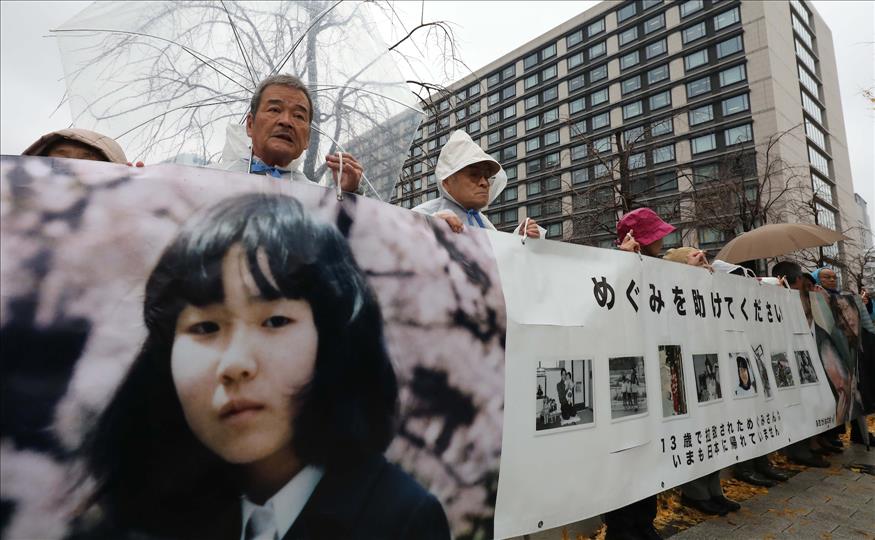
Abductee Families Keep Japan And North Korea Apart
It begins in 2001, when a senior Japanese Foreign Ministry official, Hitoshi Tanaka, spent a year in secret negotiations with a Mister X close to the North Korean leader, Kim Jong Il, and finally managed to get Pyongyang to admit that long-standing rumours it had abducted Japanese citizens from Japan in the late seventies and early eighties were true.
Most had since died but Pyongyang could return two married couples and the Japanese wife of a US Korean War deserter it was holding.
To mark this event, both sides agreed to issue a Pyongyang Declaration in which Japan promised to normalize relations with North Korea and to provide significant economic aid. Pyongyang in return would continue its moratorium on missile testing.
North Korea would also apologize for the abductions (the work of uncontrolled agents who would be punished, it was claimed), and Japan would offer deep remorse for sufferings caused by its past colonial occupation of Korea.
In 2002 Japan's then prime minister, Junichiro Koizumi, went to Pyongyang to sign the declaration and confirm the return of the five abductees.

Japan will prove a worthy collaborator with AUKUS

India's choice: democratic revival or Orwellian future
But when Koizumi returned to Japan his then deputy cabinet secretary, the very rightwing Shinzo Abe, who had gone with him to Pyongyang, began pushing rumors that North Korea's abductions of Japanese had in fact numbered over 800. They, too, had to be returned.
After prolonged delays and haggling, Tokyo eventually accepted the official figure for abductees to be 17, of whom only five had been returned.
But the powerful organizations for relatives of missing abductees that Abe had helped create before and after he became prime minister in 2006, were still not happy. All those said to be missing had to be returned before there could be any move for better relations with North Korea.
One of them was a girl, Megumi Yokota, abducted at age 13 from a beach (probably because she had seen another abduction nearby). Even though North Korea had included her name in the list of deceased abductees, her name became a symbol of the allegedly still unresolved abductee affair.
Shrines and songs were made in her memory. Her grieving parents were taken to Washington to meet President Obama, and to other capitals as part of Tokyo's gigantic PR effort to keep the issue alive. Repeated demands were made for Pyongyang to account for all lost Japanese in North Korea.
But Pyongyang continued to insist Megumi had died, in 1994 after being married and giving birth to a daughter, Kim Eun Gyong. Megumi's cremated bones were offered as proof.
And Tokyo's attempt to use a suspect DNA test of the bones to prove Pyongyang was lying was blasted by the UK scientific magazine, Nature. The DNA attempt was not repeated.
The Megumi affair seriously began to fall apart in 2014 when Tokyo, continuing to insist Megumi was still alive, finally decided to allow Megumi's parents to visit Megumi's daughter, the now mature Kim Eun Gyong – provided the meeting was held in a third country, Mongolia.
But when the parents returned from Mongolia they could not say they had even asked about Megumi. They said only that the mother believed“Megumi is still safe somewhere.”
So what are we supposed to believe? Asked just this question last week at a press conference to mark yet another campaign for the immediate release of all abductees, Megumi's brother, Takuya, now head of the leading abductee grouping, said he was sure North Korean agents were present in Mongolia to make sure there was no talk of Megumi.

Sign up for one of our free newsletters
- The Daily ReportStart your day right with Asia Times' top stories AT Weekly ReportA weekly roundup of Asia Times' most-read stories
And so the abductee drama has continued. Pyongyang now says that out of Tokyo's claimed 17 abductees, five have been returned, five never entered the country and the remainder have died. The case is now closed and if Japan issues any more calls for direct talks, as Prime Minister Fumio Kishida was hinting last month, North Korea will refuse point blank if once again the abduction issue is raised.
Pyongyang leaders have in the past claimed the ability to bring the dead back to life, but I doubt if they can do much this time. Relying on the gullibility of the Japanese public, it seems the now deceased Abe found the ideal way to deadlock Japan's relations with North Korea for a very long time.
That optimistic Pyongyang Declaration has been gradually forgotten, the 26 million people in North Korea continue to live in isolation and the West continues to fear a nuclear threat from Pyongyang.
Gregory Clark is a former Australian diplomat and a longtime Japan resident.
Thank you for registering!
An account was already registered with this email. Please check your inbox for an authentication link.

Legal Disclaimer:
MENAFN provides the
information “as is” without warranty of any kind. We do not accept
any responsibility or liability for the accuracy, content, images,
videos, licenses, completeness, legality, or reliability of the information
contained in this article. If you have any complaints or copyright
issues related to this article, kindly contact the provider above.
















Comments
No comment